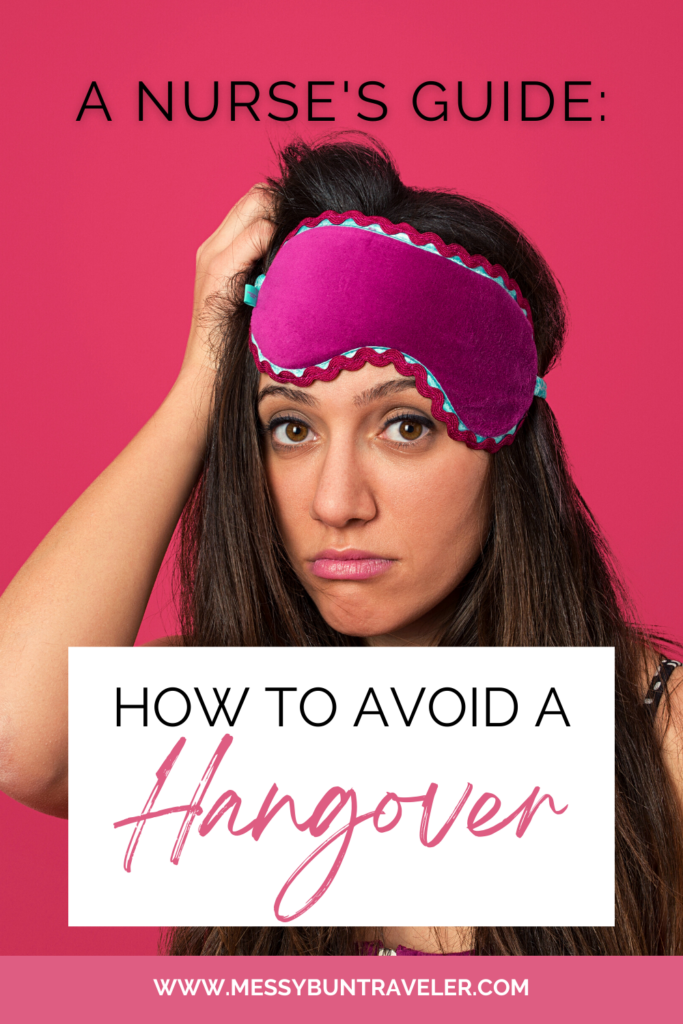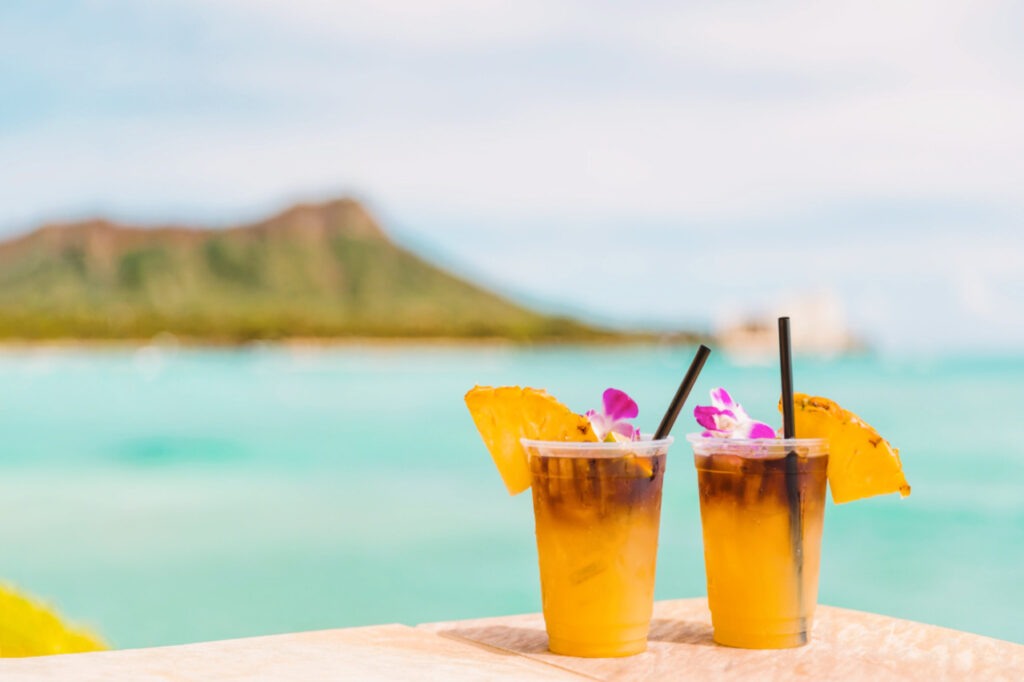Hey There!
I'm Reina
I am a full-time traveling registered nurse, fitness enthusiast, and nutrition expert. Every morning I wake up intending to bring awareness of the importance of health and spiritual wellness, especially to the traveling community. At Messy Bun Traveler, we promote travel that allows the traveler to either kick-start, maintain, or enhance a healthy lifestyle. So whether you're someone who travels for business, travels for pleasure, or new to travel and looking for health advice while on the road, this blog is for you!
inspiration
Categories:
health
destinations
fitness
resources
wellness
Privacy & Disclosure
The Messy Bun Traveler is designed to bring you fun stories, destination guides, and healthy travel advice. To help cover the cost of running this site, all posts are sprinkled with hand-selected affiliate links. When you click on one of these links and make a purchase, I will earn a small commission at no additional cost to you. I only accept affiliate links and paid advertisements from brands I believe in, trust and use personally. Thank you for your continued support!
A Nurse’s Guide: How to Avoid a Hangover
December 22, 2018

It’s no secret that a lot of people like to drink while on vacation. Whether it’s because you’re celebrating a special occasion or you’re just trying to let loose and have some fun, alcohol can be a major part of many trips.
However, if you’re not careful, drinking can also lead to nasty hangovers.
If you’re looking for ways to avoid getting a hangover or if you need help curing one, read on! This nurse has got your back!
In all my years of travel, alcohol has in some way played a role in my adventures. I am by no means a heavy drinker- but drinking alcohol on travel excursions is somewhat inevitable. Just look at cruise ships, catamaran cruises, or hostel gatherings.
With that being said- sometimes the hangovers are at their WORST when you’re traveling overseas. As a registered nurse, I have compiled a list of remedies that will help you avoid, or at least reduce, the symptoms of a hangover. Thus, making your travel experience less painful, and a lot more fun!


Why hangovers can be at their worst while on vacation:
You tend to drink more than you’re used to
Everyone is traveling and on vacation to have fun. And with that, comes alcohol. When surrounded by party animals and getting swept up in the current environment it’s hard to keep track of how much you’ve had to drink.
You spend all day in the hot sun
Whether you’re lounging out by the pool with your cosmopolitan or sippin’ on your pina colada on the beach, all that sun exposure without any water intake is dehydrating you. And when you’re adding alcohol to the equation, a diuretic (makes you pee), you’re bound to get very dehydrated thus leading to those pesky hangover symptoms.
You’re drinking less water
Believe it or not, water can be harder to come by in some countries. It amazed me that in certain countries such as France or Italy a glass of wine would be around 4 Euros and a bottle of water would be around 8 Euros! Also, when we’re traveling and out of our norm, it can be harder to remember to keep hydrated!
You’re not getting as much sleep
While on vacation you tend to not sleep as much. Simply put, there’s just too much to do and see and most people don’t want to waste away their vacation by sleeping. With that being said, when drinking too much the little sleep you are getting can be severely impaired—leaving you with increased hangover symptoms such as irritability, fatigue, and headaches.

Before I dive into the ways to avoid a hangover, I want to first acknowledge the bad news: science has made it pretty clear that there’s really no such thing as a hangover cure. In fact, the effects of alcohol on the body are still being studied, and it’s still not very clear why hangovers happen.
Ways to avoid- Or greatly reduce- the symptoms of a hangover:
Monitor your alcohol intake
It seems easy enough, right? The less alcohol you take in, the less likely of a hangover in the morning. Keep track of how much you’re consuming, and listen to your body when it’s telling you you’ve had enough. Some examples of signs you’ve probably had enough are slurred speech or an unsteady gait.
Drink more water
It’s not enough to just drink a glass of water before bed—generally speaking, it’s a good idea to consume one non-alcoholic beverage (preferably water) in between drinks. Most hangover symptoms occur from dehydration after a night of drinking. So staying hydrated can help decrease these symptoms in the morning.
See also:
Electrolyte tablets, coconut water, & Pedialyte
It’s not only important to stay hydrated but you also need to replenish some of your electrolytes. When you’re peeing a lot, or even in extreme cases vomiting—you’re losing not only water but electrolytes as well.
Drinks such as coconut water or Pedialyte can help restore the electrolytes you’re losing from drinking. I personally like to carry electrolyte tablets on me and just put one or two in my water throughout the night. Electrolyte tablets are included on my list of must-have travel medications.
See also:
Avoid certain types of alcohol
Some alcohols contain high levels of congeners: a toxic chemical composed of methanol, isopentanol, and acetone. High levels of these chemicals in the body can cause inflammation—increasing the frequency and intensity of hangovers.
Alcohols with high levels of congeners include whiskey, bourbon, and tequila. Alcohols with lower levels of congeners include vodka, gin, and rum. Generally speaking, liquors with less coloring tend to have fewer congeners in them.
Have a drink the morning after
The rumors are true—studies have shown that having an alcoholic beverage (like a Bloody Mary or mimosa) the next morning can help decrease hangover symptoms. After drinking, your body converts methanol into formaldehyde, a toxin that’s partly responsible for hangovers.
When you consume a drink the next day, the alcohol can inhibit this conversion process and decrease the formaldehyde formation in your body. Don’t get too crazy with drinking in the morning though—this may help to a certain point, but understand you’re probably just prolonging the inevitable.
Eat before you go to bed
Sometimes hangovers can be due to hypoglycemia, and low blood sugars in the body. Eating a small meal before going to bed can help reduce hangover symptoms in the morning.
Eat a hearty breakfast the next day
This is basically the same concept as the previous statement. This will help maintain your blood sugar levels throughout the next day. It also helps restore some vitamins and minerals in the body you may have lost from drinking.
Take Pain meds before bed
Some evidence says that many hangover symptoms are caused by bodily inflammation (i.e. tissue damage) from the alcohol. Anti-inflammatory medications such as aspirin or ibuprofen can help reduce the inflammation in the body, thus helping to prevent hangovers.
Also, taking pain medication, such as Tylenol or aspirin, can help decrease the pain associated with a hangover. It’ll help you experience less of a headache or muscle fatigue in the morning.
Eat some ginger
Ginger is a natural, medicinal herb that can also help reduce inflammation in the body. It has been shown to help reduce hangover symptoms such as nausea, vomiting, and diarrhea.
In a nutshell, there are certain ways you can prevent the symptoms of a hangover. By following these tips on your next travel adventure, you can keep trucking along and still enjoy every minute of your vacation!

If you liked this post, please share!
Join my newsletter
* We will never share your details with any third party